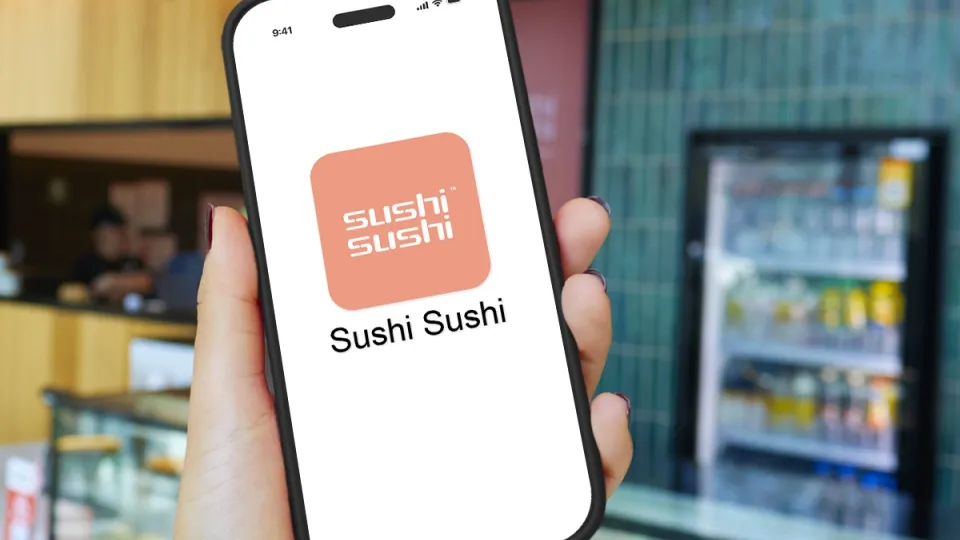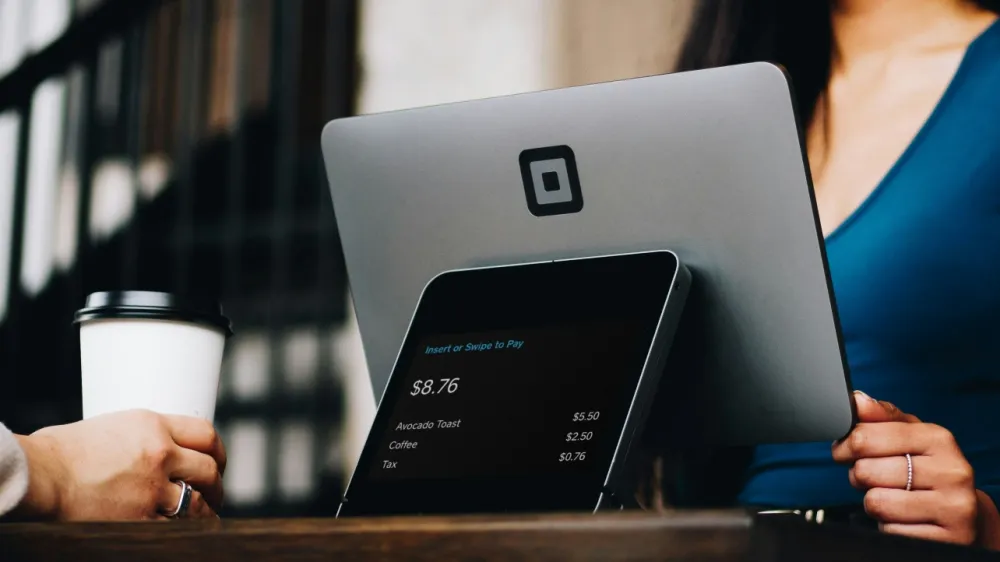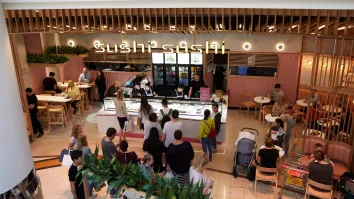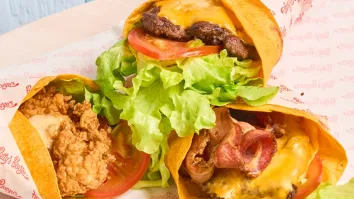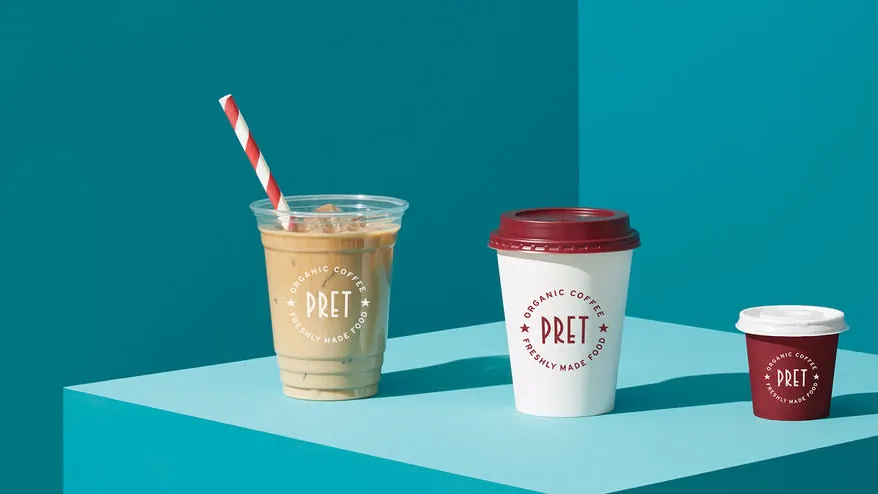
Are Australian chains ready to enter the subscription economy?
Healthier food options are forecasted to 'experiment' with subscriptions this year.
The subscription business model — as used in streaming platforms, e-books, meal kits and the like — is starting to gain serious buzz in QSR industries across the world.
What most observers see as the current face of its potential for restaurant brands? Coffee.
In late February 2020, just before the pandemic started to impact the United States, Panera launched its US$8.99-per-month unlimited coffee offering, which currently boasts around half a million paid subscribers based on public information.
In September 2020, UK-based chains Pret A Manger and LEON announced the launch of their coffee subscription services in the same week.
“This is just the first step in our plan to bring Pret to more people. We now have the building blocks to establish Pret as a multichannel, digitally-led business, and the Pret Coffee Subscription is the first big launch we’re able to deliver through our new technology platform,” chief executive Pano Christou said in a statement at that time.
Pandemic-induced pains may have tipped the scales in consumers’ emerging appetite for these options. Going back to the U.S., Burger King had a monthly coffee subscription—a US$5-a-month, unlimited coffee service intended to promote a breakfast menu—launched way back in July 2019 but was widely reported to be cancelled in months.
Fast forward to 2022, Taco Bell erased the notion that subscriptions were only limited to drinks, welcoming the year with the “Taco Lover’s Pass”, allowing customers to use the app and redeem one taco a day for 30 consecutive days at participating U.S. locations for a one-time purchase of US$10 that can be re-purchased.
“It's a fun way to continue offering unique ways to reward our most loyal fans through our digital access points,” Taco Bell chief digital officer Zipporah Allen said in a media release.
Healthier food options forecasted to 'experiment' with subscriptions
Whilst observing subscription offerings in the QSR space with an in-store purchasing or dining experience are few and far between, The Point of Loyalty director Adam Posner believes some categories in Australia will experiment with subscriptions this year.
“My prediction is it will be those with healthier food options,” he said. For Posner, the core of a subscription proposition to members is about the amount of money saved based on a pattern of high frequency of purchase, also suggesting that companies considering food-based subscription offerings need to be “carefully balanced to healthy eating habits.”
“I think Taco Bell has opened up the eyes of many food-focused QSRs (rather than coffee-connected) to consider the viability of a subscription offering. However, QSRs would need to consider this strategy very carefully.”
“There might be other benefits and utility (time saved, decision energy dissipated). However, the core customer motivation is ‘Is it worth the effort, how much will I save if I am paying a subscription?’” he said.
Aside from the obvious ability to supplement transactional purchases, Posner offers a six-point framework why subscription-based membership models are getting popular for certain businesses:
- Predicted revenue: Upfront and renewal revenue from subscription fee provide some predictive and sustained cash flow and more-informed budgeting
- Incremental revenue: Extra spend on products/services outside of those included in subscription
- Reason to interact and relate: Ongoing reason to communicate with subscribed members and if app-based a reason to engage digitally
- Retention (lower cost than acquisition): Retaining existing subscribed members tend to be at a lower cost than acquiring new members
- Referrals: New members generated from existing members who are enjoying the benefits
- Business intelligence incrementally improves: Member behaviour insights and segmentation accrue based on activity and interaction with the benefits provided
Making financial sense of subscription offerings
Posner also clarifies that the financials “need to make sense” before chains try their lot in building a subscription-based model, and a sustainable one at that.
“Answer the most important questions. Is a subscription offering right for our customers and our business? Is your business set up to manage a subscription offering?” he said, recommending brands to set up a subscription financial model ecosystem (including profit and loss, cash flow and balance sheet) with various “what-if” scenarios, pertaining to membership sign-ups, renewals, incremental spend and benefit costs.
Posner also recommends to ‘prove the value’ of the model internally and to members.
“Watch the numbers carefully. Show the business the value and ROI [return on investment],” he said. “Remind members of the benefits the subscription provides...For those members who are gaining immense value, celebrate this with them to reinforce the value – they will advocate. For those members who are not gaining value from a subscription, are you going to leave them alone or be proactive to motivate them to take action to benefit?”
This can also lead to what Posner has identified as “subscription guilt”, explained as the “feeling your subscribed member has when they are not gaining enough benefit or value from the subscription offering.”
He also encouraged brands to use social proof to highlight what members are saying and how other members are benefitting and warned against “being too successful”, referring to Pret receiving complaints last year over some promised beverages under the subscription deal being unavailable.
If retention is reducing, Posner says chains could provide an option of a lower tier or reduced level. At a store level, he also advises chains to ensure that team members “believe and buy-in to the subscription program to share the benefits to customers.”
